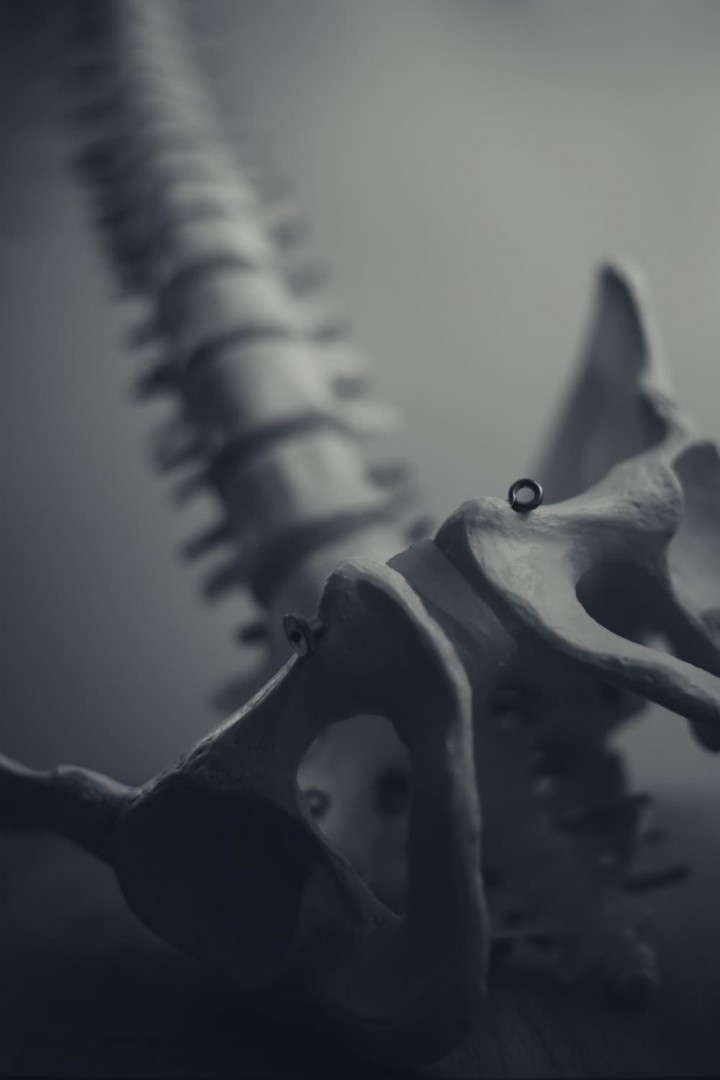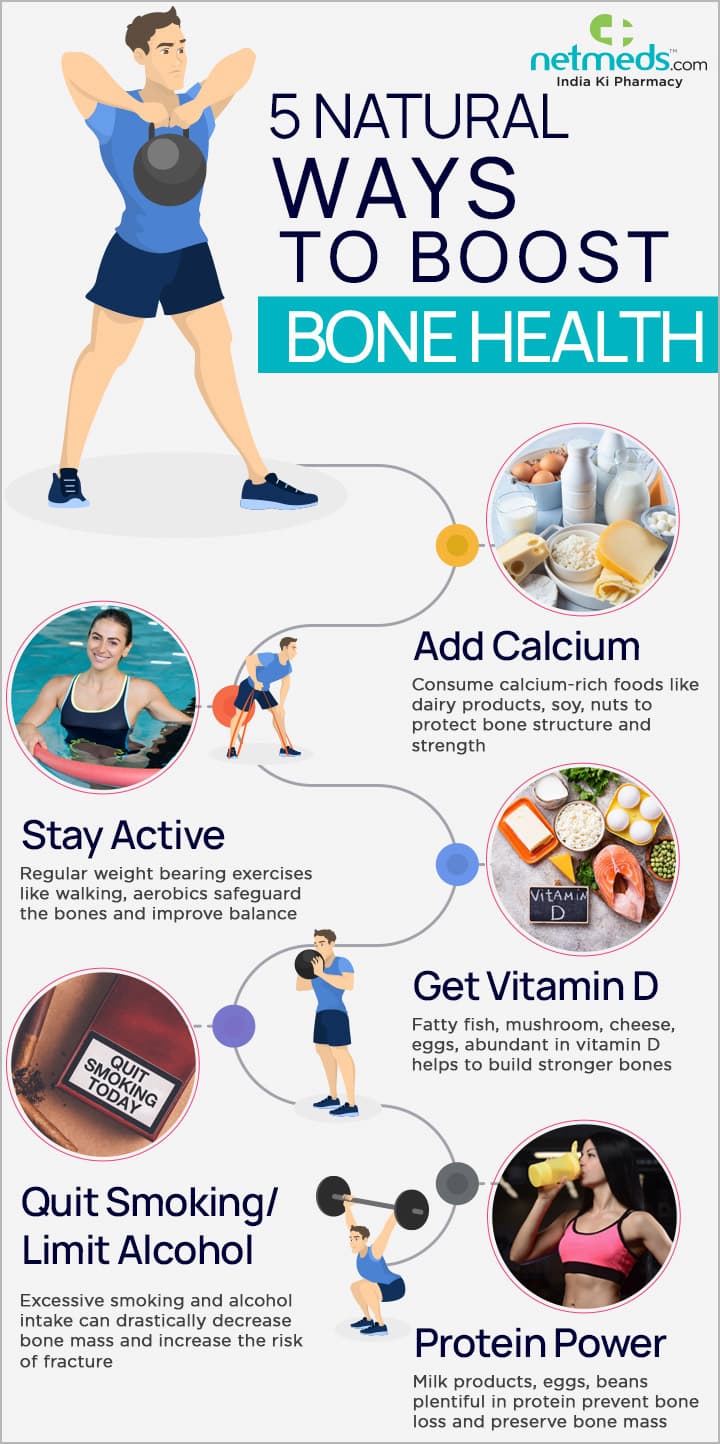
Most of us take our bones for granted until a bad fall causes fractures or breaks, or osteoporosis prevents us from becoming physically active. While a strong physical force may directly cause bone damage and old age may increase the risk of osteoporosis, poor nutrition may also make bones brittle and susceptible to injuries.
Unlike skin cells, the bones that you are born with grow, develop and remain with you for as long as you live. Ideally, the best time to start taking care of your bones is while you are young. Bones develop the most during childhood and adolescent years. How you care for your bones during your early life has a big impact on your bone health when you're 50.
As an adult, you may still prevent early bone loss with the help of a diet that is high in calcium, Vitamin-D intake and regular exercise. As you will notice, a health plan that is good for your body is the same foundation for bone health.
Calcium-rich Foods
Your body removes and replaces calcium from your bones daily. Without sufficient calcium to replace daily calcium loss, your bones may become thin and weak. To prevent this from happening, you need to have a healthy diet that consists of high-calcium foods coming from dairy products like milk, cheese and yoghurt. For optimum health, choose non-fat or low-fat versions of milk and other dairy foods. You can also increase your calcium intake by eating more green leafy vegetables, whole grains, citrus fruits and beans, and drinking calcium fortified orange juice.
Vitamin D
An increased vitamin D intake is also important to bone health because it ensures the proper absorption of calcium in your body and proper development of bone tissue. While vitamin D is naturally produced by your body when it receives adequate amounts of natural sunlight, a diet rich in vitamin D can help you absorb twice as much calcium. Excellent sources of vitamin D include fatty fish, fortified drinks and cereals. Unfortunately, the risks of skin cancer may deter you from getting enough sun exposure while natural food sources do not provide adequate amounts of vitamin D in your diet; thus, vitamin D supplements may be necessary for bone health maintenance.
Physical Activities
Studies show that women who are physically active tend to have stronger bones than women who lead sedentary lives. Engaging in a weight-bearing activity or a resistance exercise, such as weightlifting or aerobic exercise, helps to develop strong bones as it increases bone density, making it tougher and less susceptible to breaks, fractures and other injuries. Other recommended weight bearing exercises include brisk walking, jogging and climbing stairs regularly. Any physical activity is preferable to none if you want to keep your bones strong and reduce your risk of fracture.
Lifestyle Changes
Smoking and alcohol consumption are bad for your bones. Excessive alcohol intake or binge drinking decreases bone mass and bone strength. Newer studies also indicate that alcohol may alter your body's genes that are necessary for the maintenance of healthy bones. On the other hand, cigarettes contain nicotine which keeps the body from using nutrients like vitamin C, leading to weak bones. While you may supply your body's nutrient gaps with supplementation, avoiding cigarette smoke and alcohol not only prevents bone disease and injuries but also promotes general health.

Source: netmeds.com
You also want to limit your caffeinated drinks per day because drinking too much caffeine, as well as taking diet pills, can reduce the amounts of calcium in your body due to frequent urination or perspiration. While maintaining a healthy weight is crucial for bone health, excessive dieting can result in calcium loss, which in turn weakens bone tissue.
To ensure that your diet and lifestyle measures are effective, you must protect yourself from the risk of falls and other injuries that could result in rapid bone loss. It's also critical to reduce the risk of hip fracture, which can have a cascading health effect, especially in the elderly. Hip fractures are more likely in people who have severe osteoporosis.
Maintaining healthy bones is important if you want to avoid fractures later in life. Keeping your diet and lifestyle habits in check will ensure that you keep your bones healthy and functioning for as long as possible. An orthopaedic physician, or another health professional who specialises in bone health, can guide you in keeping your bones strong.
Originally published on Jul 03, 2009








